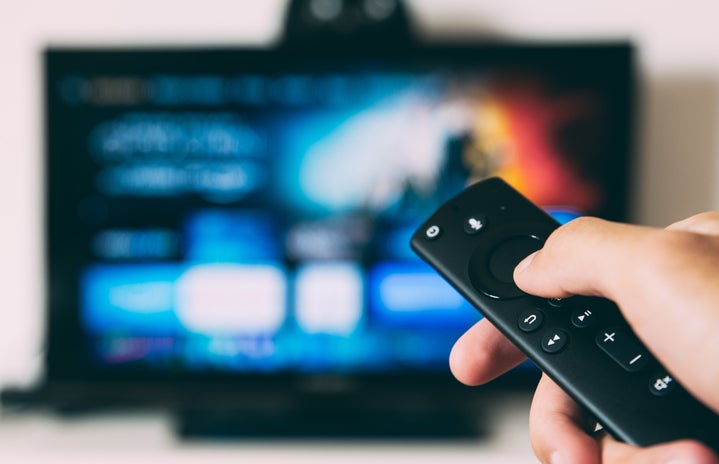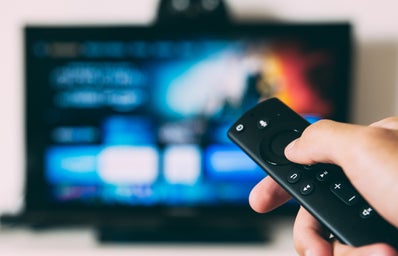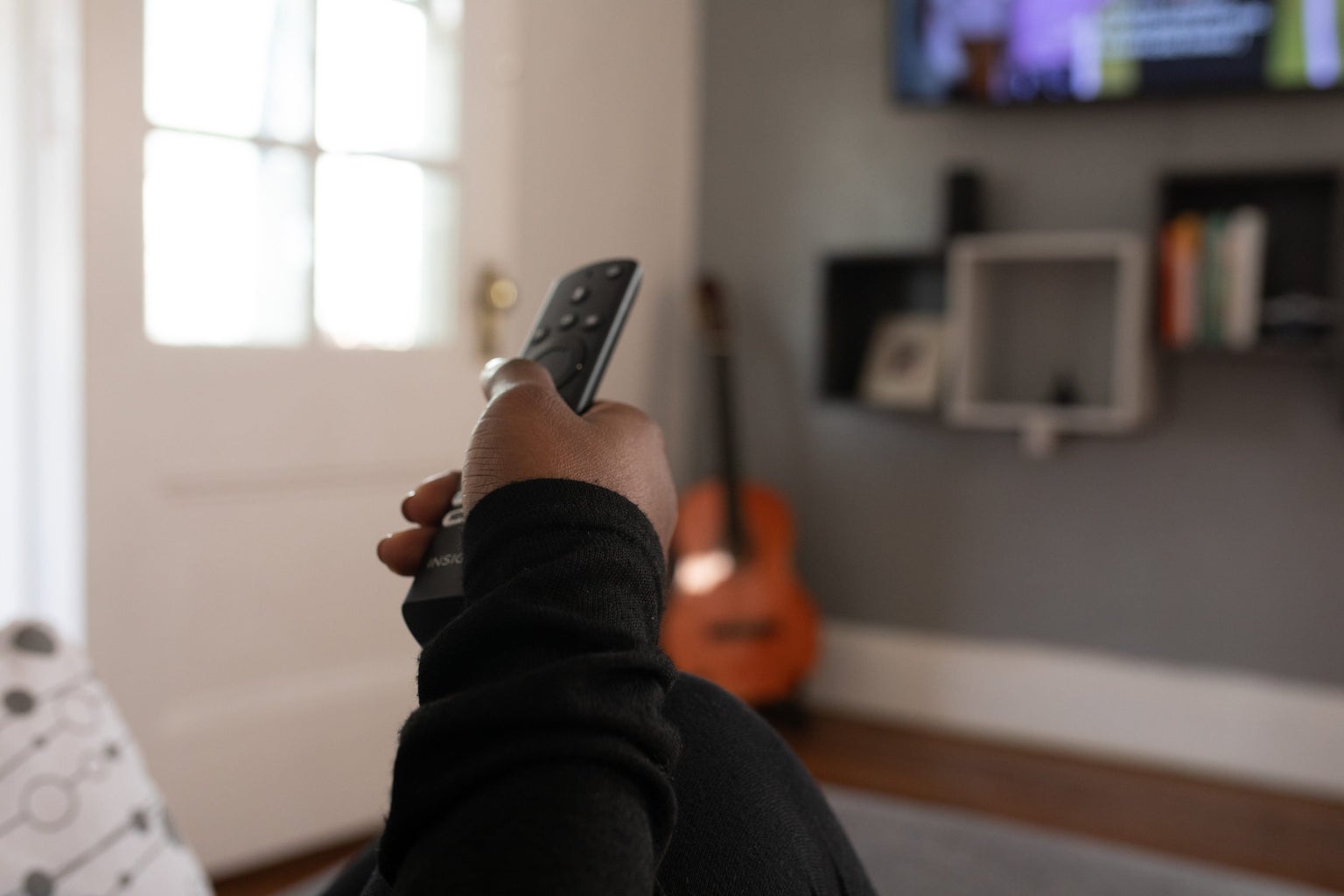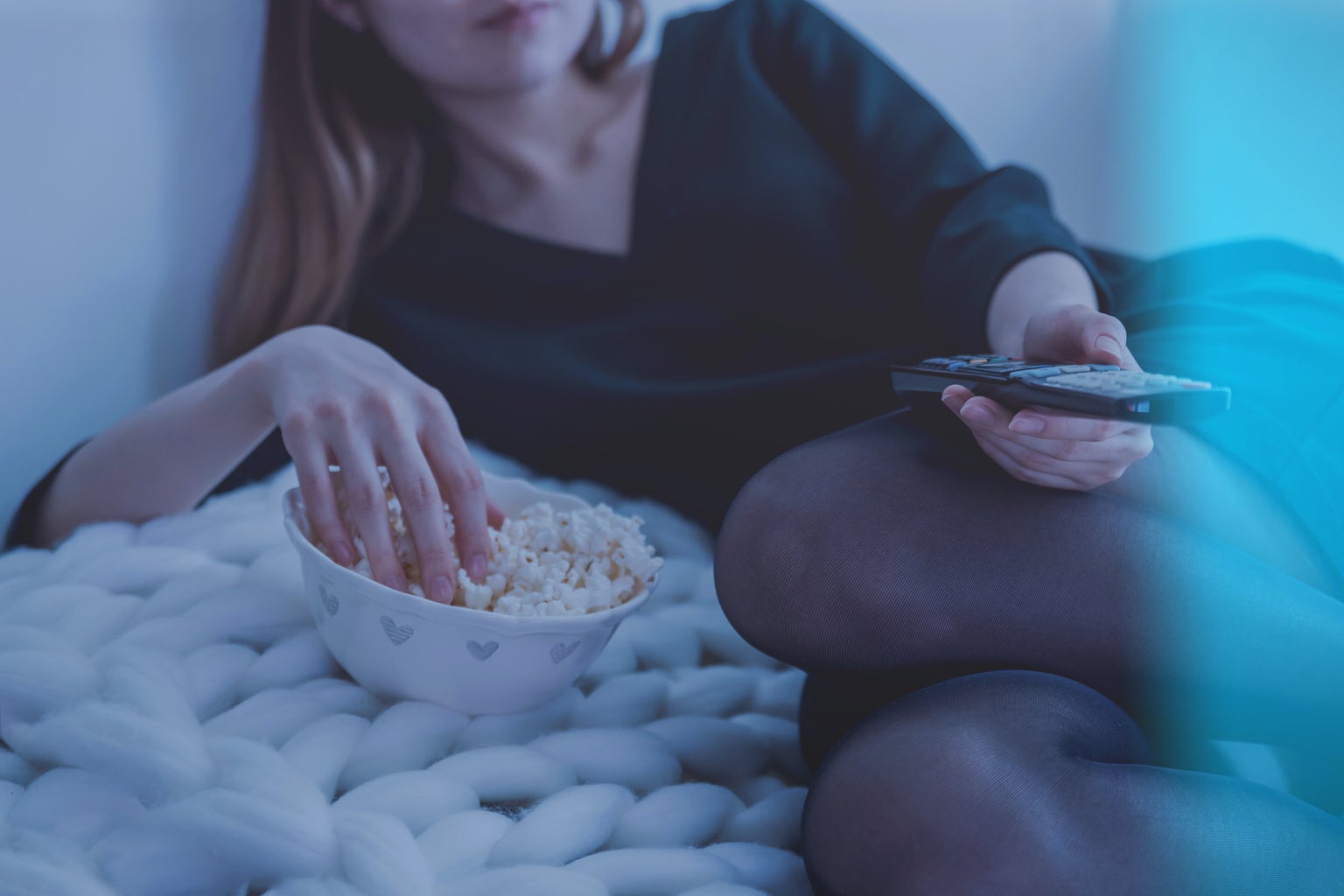During the COVID-19 pandemic, many people had to move all of the compartmentalized spaces of their life into one space. Dining room tables became make-shift offices, beds became classrooms, and catching up with friends was done via video chat or on front lawns and socially distanced. While many people have their own account of their experience during the pandemic, I noticed a trend in people using the term “comfort show.” As defined by UrbanDictionary.com, ” a comfort show is a television series that one watches to feel less terrible and a movie that evokes many positive/lovely feelings in that one person.” While the definition itself is kind of vague, and it varies by person, I noticed many people were watching television at a higher rate depending on their lifestyle during the pandemic.
As declared by the Centers for Disease Control (CDC) and the World Health Organization (WHO), the official start date of the COVID-19 pandemic was March 13, 2020, after 118,000 cases were confirmed in 114 countries. Thus, it is assumed we are around two years and seven months into the pandemic. The effects have changed how employers look at the workplace and how people view their day-to-day decisions regarding living and working habits.
“Not only were people isolated from peers due to being at home, but they also were unemployed, leaving people to lack real connections with others, and used media as an escape.”
I asked friends and family about their television-watching habits, particularly their “bingeing” of TV shows. Spring of 2020 often has a morbidly nostalgic feeling of whipped coffee, Doja Cat’s “Say So,” trying to learn TikTok dances, and Tiger King. Not to say that the pandemic and the quarantine invented television and people rewatching shows, but it gave people so much time to be glued to their phones, computers, and TVs.
After asking my own echo chamber about their behaviors, I then surveyed a sample of 52 people to get a sense of what these habits looked like, what people were interested in, and how much they engaged with “comfort shows.” Of the responses, 84.6% were aged 18-24, 9.6% were 25-34, and 5.8% were 34-44. While anonymous, the vast majority of people responding were peers on my campus or in my age range. In those same responses, during the peak of the pandemic, 63.5% of responders were in college but online and at home, which completely disconnected them from their campus.
As the pandemic has changed so much of our culture, the formative years for the younger generations throughout college have been greatly impacted. Additionally, not everyone who was in college worked: 53.8% were unemployed, primarily due to safety reasons. Not only were people isolated from peers due to being at home, but they also were unemployed, leaving people to lack real connections with others, and resort to media as an escape. A reported 40.4% watched more than 10 hours of television, streaming or on air, per week, as a means to cope with high rates of boredom and anxiety during the peak of the pandemic.
The most watched genres were comedy and drama. This trend explains dramas coming out from Ozark to the Outer Banks giving suspense to all ages, as well as comedy shows that are old and beloved, such as The Office and New Girl. As 2021 approached, some shows depicted the pandemic — such as season 17 of Grey’s Anatomy which portrayed the reality of healthcare workers. With the cast and crew in masks, some viewers did not want to see the reality they were trying to hide from.
The idea of escapism is heightened during times when people are divided on how to best exist and support their community, as people increasingly turned to media to support their mental health. The behaviors of binging TV shows are a response to stress, as well as the natural need to be entertained and relaxed. I found it to be interesting that 82.7% of respondents reported they rewatched shows they had watched prior to the pandemic, and wonder if it was for a sense of familiarity and to go back to “better times.”
Now, in 2022, I can pretty much add to any conversation with what I have been watching. I notice a lot of my TV-watching days are behind me as the world has opened back up. While it is not bad to watch TV, I am happy to see that life is back in motion. People and institutions feel safe enough so that people are not watching life happen on a screen, but are living it themselves.
Can’t get enough of HC UMass Amherst? Be sure to follow us on Instagram, listen to us on Spotify, like us on Facebook, and read our latest Tweets!




